The Private Security and Investigative Services Act (PSISA) in Ontario

The Private Security and Investigative Services Act
The Private Security and Investigative Services Act, 2005 (PSISA) regulates the private security industry. The PSISA was proclaimed into force on August 23, 2007 to help professionalize the security industry, increase public safety and ensure practitioners receive proper training and are qualified to provide protective services. The PSISA and its regulations govern the way the private security industry operates in Ontario.
The Private Security and Investigative Services Act
The Training and Testing Regulation made under the PSISA came into force on April 15, 2010. All security guards must fulfill the mandatory requirements of the Training and Testing Regulation in order to be eligible to apply for a licence
The PSISA regulates the security industry. As such, security guards must be familiar with the PSISA to ensure they follow the regulations and prohibitions, including the Code of Conduct. Here are some of the key points that affect individual licensees directly.
Licensing Requirements (subsection 10(1) of the PSISA)
In order to be eligible for a security guard licence, all individuals must:
- Have completed the required training and/or testing.
- Be at least 18 years old.
- Possess a clean criminal record, according to the Clean Criminal Record Regulation (note: not all criminal charges or convictions will prevent a person from obtaining a security guard licence.
- Be legally entitled to work in Canada.
General Security Guard Rules and Standards of Practice
These are some of the rules that security guards must be mindful of during their day-today activities. They can be found between sections 35 and 40 of the PSISA.
- Security guards must always carry their licence with them when they are working (including “plain-clothes” security guards, e.g. loss prevention personnel or bodyguards). They must also identify themselves as security guards, and show their licence, if a member of the public asks them to do so.
- With the exception of bodyguards and loss prevention personnel, security guards must wear a uniform while working.
- Security guards are prohibited from carrying any symbol of authority, other than their licence and uniform (for example, a metal badge is prohibited).
- Security guards are prohibited from holding themselves out as police officers, or
performing police-related duties. For this reason, they are also prohibited from using the following words when referring to their work as security guards:
- Detective or Private Detective
- Law Enforcement
- Police
- Officer

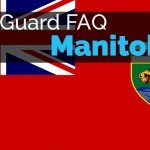
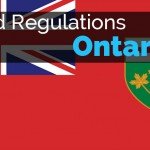


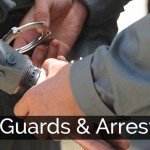

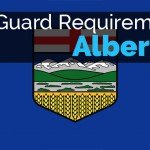

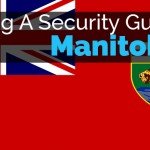
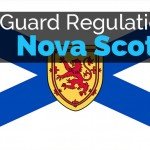
2 comments on The Private Security and Investigative Services Act (PSISA) in Ontario
Rick damm
Makes a complete joke of security. They want to make sure you no your the lowest of the lows. Letting you know your not worth the min wage you will be getting.and your a dime a dozen. You have no defense of any kind if someone attacks you non. And your at the mercy of the police that may take forever if they arrive. I’d like to meet the clown that made up some of these rules. Don’t call yourself an officer lol because you are summer.
Richard Hsu
Rick: you need to improve either your English grammar or typing skills. I could barely understand what you are saying though I have some idea. Please improve your English grammar or typing!!! -RH